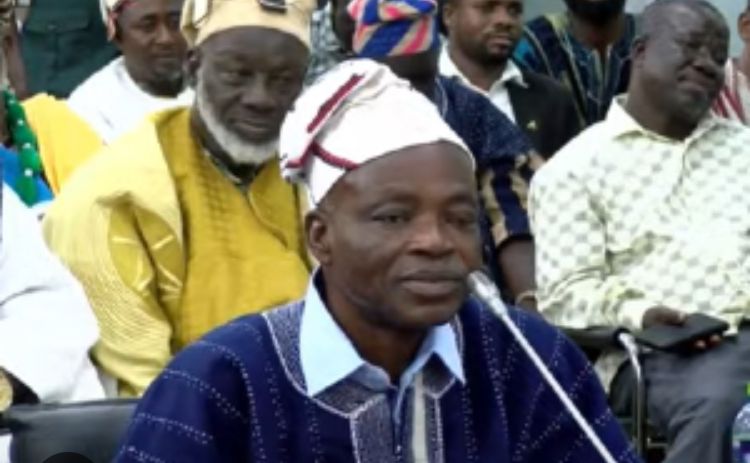The nomination of Ali Adolf John as Minister-designate for the Northern Region of Ghana has brought the persistent issue of witchcraft accusations and their devastating consequences to the forefront. During his appearance before Parliament’s Appointment Committee, John expressed his deep concern about the plight of individuals, particularly women, accused of witchcraft and pledged to collaborate with traditional leaders to address this complex problem. This commitment highlights the urgent need for a multi-faceted approach that involves not only governmental action but also the active participation of local authorities and community leaders to dismantle the deeply ingrained beliefs and practices that perpetuate this form of social injustice.
The Northern Region, like other parts of Ghana, grapples with the enduring belief in witchcraft, a phenomenon often intertwined with fear, superstition, and misogyny. Accusations of witchcraft can lead to ostracization, violence, and even death, particularly for vulnerable women who are often scapegoated for misfortunes within their communities. The existence of “witch camps” – settlements established to provide refuge for those accused – underscores the severity of the problem and the desperate need for solutions that go beyond simply providing shelter. These camps, while offering a degree of protection, can also become places of isolation and perpetuate the stigma associated with witchcraft accusations. John’s commitment to engaging with traditional rulers signifies a recognition of their influential role in shaping community perceptions and practices.
John’s stated intention to collaborate with traditional rulers is a crucial step towards addressing the root causes of witchcraft accusations. Traditional leaders hold significant authority and influence within their communities, and their involvement is essential for fostering dialogue, challenging harmful beliefs, and promoting reconciliation. By working with these leaders, John aims to explore potential pathways towards reintegrating those accused of witchcraft back into their families and communities, breaking the cycle of isolation and stigma. This approach acknowledges the importance of culturally sensitive solutions that respect local customs while also upholding human rights and promoting social justice.
The underlying issue of witchcraft accusations in Ghana is multifaceted and deeply ingrained in the socio-cultural fabric of certain communities. These accusations often stem from a lack of understanding about illness, misfortune, or social tensions, leading to the scapegoating of individuals, particularly women. Fear, superstition, and traditional beliefs play a significant role in perpetuating these harmful practices. Addressing this complex problem requires a comprehensive strategy that tackles the root causes, promotes education and awareness, and empowers communities to challenge discriminatory beliefs.
John’s commitment to tackling this issue encompasses several key elements. First, he aims to engage with traditional rulers to gain their support and leverage their influence within communities. Second, he seeks to explore avenues for reintegrating those accused of witchcraft back into their families and communities, thereby restoring their dignity and social connections. Third, he recognizes the importance of finding sustainable solutions that address the underlying causes of these accusations, including poverty, lack of education, and social inequalities.
The challenge of eradicating witchcraft accusations in the Northern Region requires a sustained and collaborative effort. John’s commitment to working with traditional rulers is a promising start, but it must be complemented by broader initiatives that address the underlying social, economic, and cultural factors that contribute to these accusations. Education and awareness campaigns are crucial for dispelling harmful beliefs and promoting understanding. Empowering women and marginalized groups is essential to challenge the power dynamics that often underlie these accusations. Ultimately, a comprehensive approach that involves government, traditional leaders, civil society organizations, and community members is necessary to create lasting change and ensure the safety and dignity of all individuals in the Northern Region. John’s commitment signifies a crucial step in this ongoing struggle for justice and human rights.














